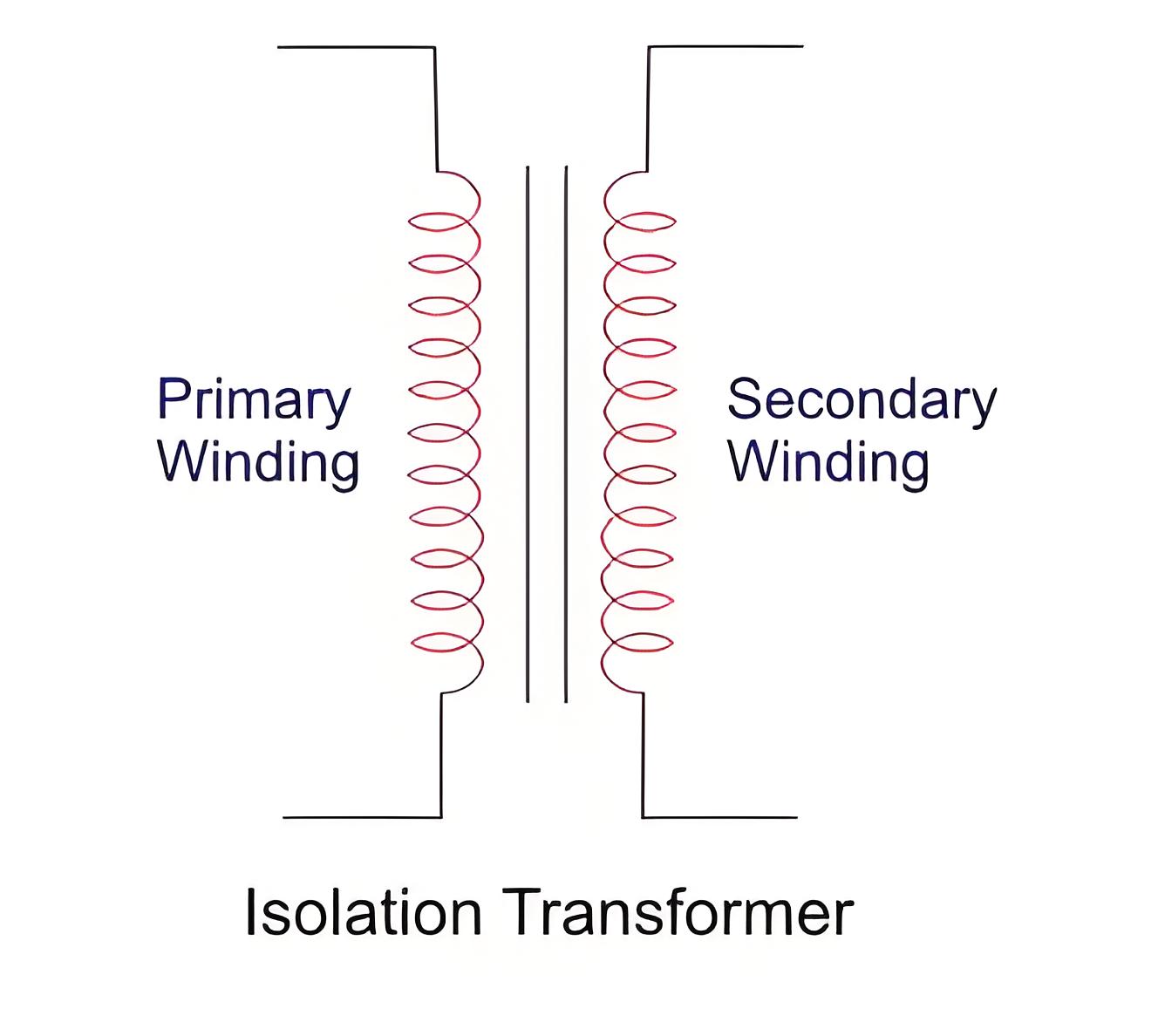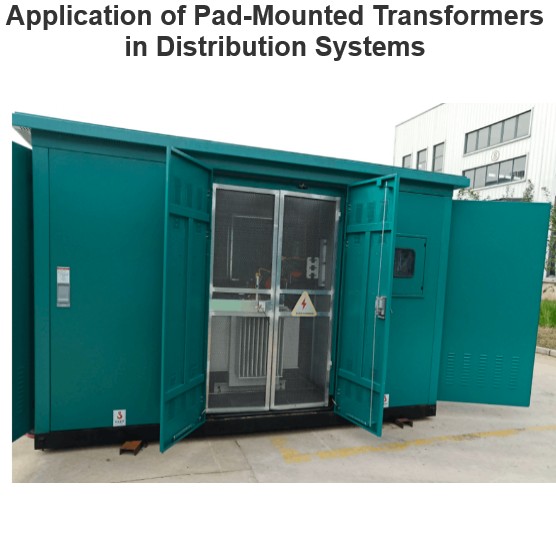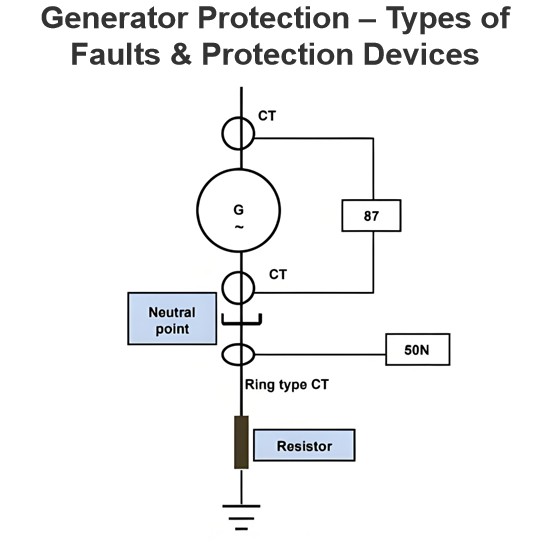What is Isolation Transformer?
What is Isolation Transformer?
Isolation Transformer Definition
An isolation transformer is defined as an electromagnetic device that transfers AC electrical energy between two circuits while maintaining the same frequency and providing galvanic isolation.

Safety and Protection
Essential for protecting both electronic components and operators from electrical shocks, particularly in environments where equipment is not galvanically isolated.
Noise and Interference Control
Isolation transformers help suppress electrical noise and prevent ground loops, crucial for maintaining signal integrity in sensitive devices.
Design Features
These transformers may include electrostatic shields and are designed to avoid any grounding on the secondary side to enhance safety and functionality.
Broad Applications
Besides general electrical safety, isolation transformers are integral in medical, measurement, and computer networking applications, facilitating safe and accurate operations.
The Electricity Encyclopedia is dedicated to accelerating the dissemination and application of electricity knowledge and adding impetus to the development and innovation of the electricity industry.













